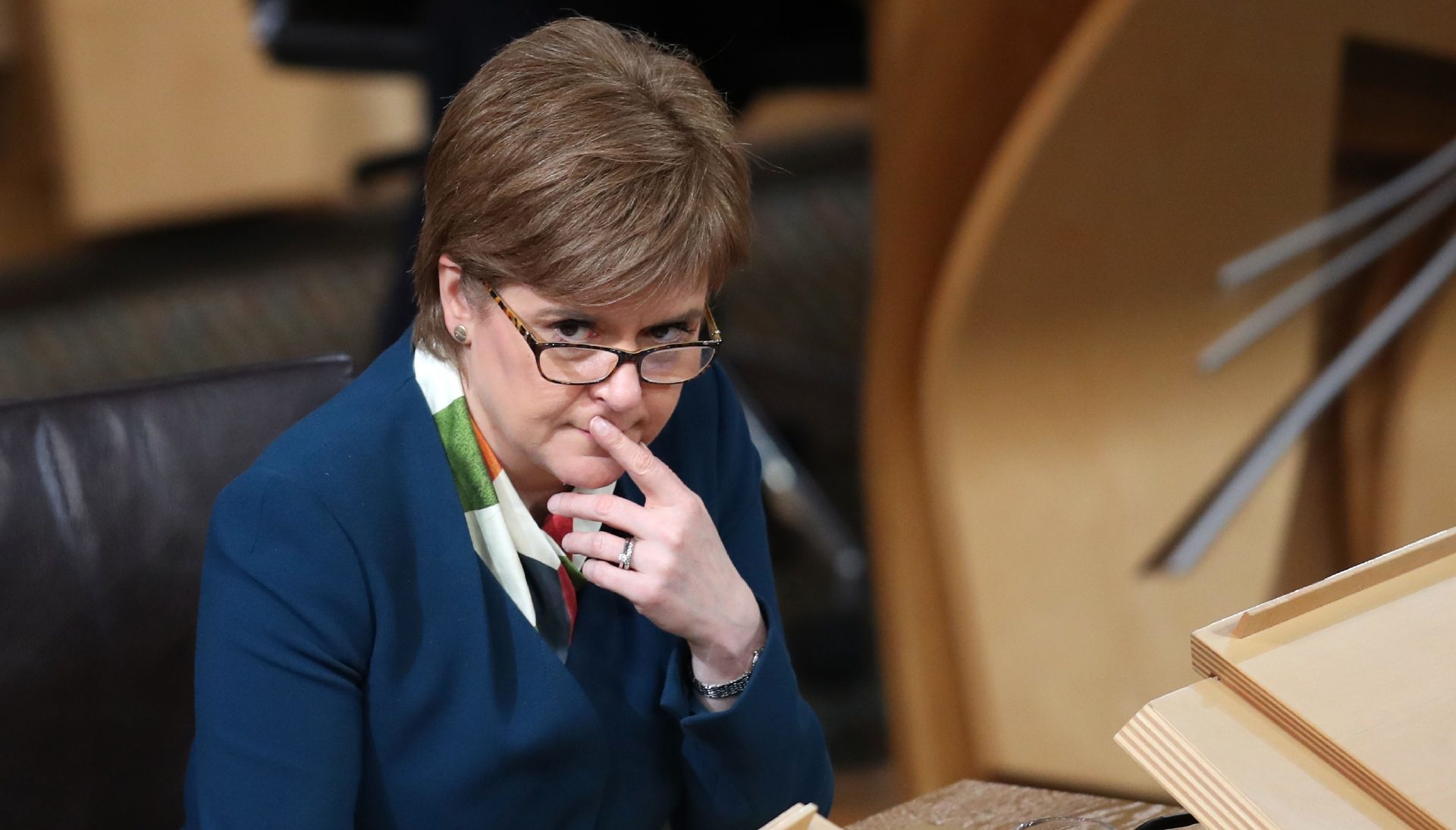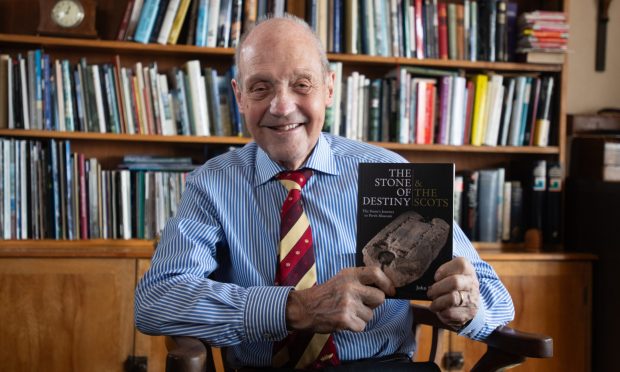Nicola Sturgeon has promised that the Scottish Parliament will have the opportunity to vote against Brexit.
The SNP leader said the question of triggering Article 50 will be put to MSPs regardless of what the country’s most senior judges say on the matter.
The Supreme Court is expected to deliver its judgement on Tuesday over whether Westminster and the devolved legislatures must have a vote on the two-year process for leaving the EU.
In her column for the Daily Record, Ms Sturgeon said: “This week, it’s time for the judges to have their say, as the Supreme Court decides whether the PM can the start the process of taking us out of the EU without an Act of Parliament.
“No matter what the court decides, I want to make this crystal clear – I intend to make sure the Scottish Parliament has the chance to vote on the question of triggering Article 50.
“And if the UK Government don’t start showing Scotland some respect, I’ll make sure that people across Scotland have the chance to choose our own future, before the Tories drag us off an economic cliff edge.”
Scotland voted to Remain in the EU with a 62% majority, but faces being taken out on the strength of Leave votes in England and Wales.
Judges are expected to pass judgement on the roles of the devolved legislatures the Article 50 process.
Under the Sewel Convention, Westminster must seek Holyrood’s approval if it wants to pass legislation that covers devolved issues, such as leaving the EU.
There is disagreement over whether the convention, which is incorporated into the Scotland Act, is legally binding on the UK Government.
Prof Alan Page, from Dundee University’s public law department, said it is “unlikely” that the convention gives the Scottish Parliament a veto.
He added: “Subject to what the Supreme Court says, a vote would underline the Scottish Parliament’s opposition to a ‘hard Brexit’, but would not affect the triggering of Article 50.”
Even if Holyrood cannot prevent Article 50 from proceeding, there is nothing to stop MSPs from expressing their will on the subject.
On Sunday, Brexit secretary Mike Russell said SNP MPs would vote against triggering Article 50 in a Westminster vote.






